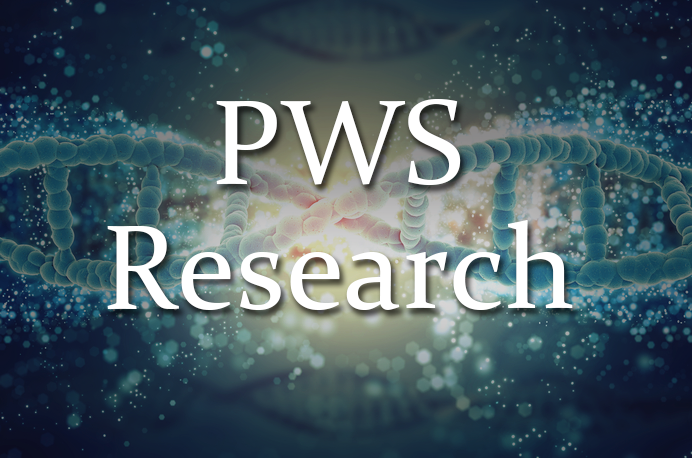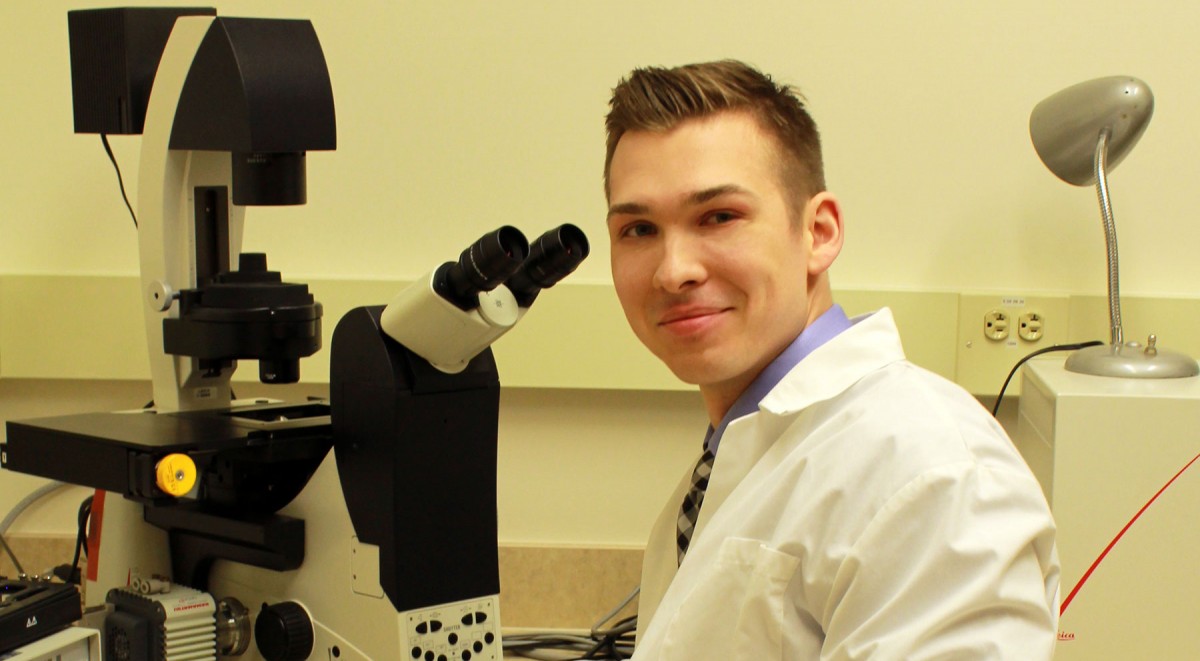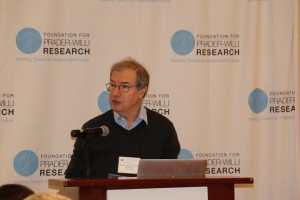Topics: Research
This month's research blog post comes from guest author Igor Pravdivyi, a member of Dr. Rachel Wevrick's research group at the University of Alberta. Children with PWS usually begin to have increased appetite around age 5, with hyperphagia setting in...
Topics: Research
The Global PWS Registry launch is just around the corner! Watch your inbox and our Facebook page for announcements and updates. Hint: a fun challenge is coming your way!
Topics: Research
Two recent papers address the very important areas of behavior and learning in PWS, and may be helpful in teaching people with PWS how to better cope and learn as they navigate through the world.
Topics: Research
The Center for Prader-Willi Syndrome at The Children’s Institute of Pittsburgh is hosting a Prader-Willi clinical conference on May 29, 2015.
Topics: Research
PWS Mental Health Workshop Draws Top Clinicians and Scientists from Around the World On March 1-3, 2015, approximately 45 top mental health professionals from around the world gathered in Bethesda, Maryland to discuss behavior and mental health in Pr...
Topics: Research
On March 1-3, 2015, approximately 45 top mental health professionals from around the world gathered in Bethesda, Maryland to discuss behavior and mental health in Prader-Willi syndrome (PWS).
Topics: Research
It is well known that individuals with PWS often exhibit developmental delays and impaired cognition compare to typically developing peers. There is also evidence that those with PWS are at higher risk than the general population for mental health pr...
Topics: Research
Dr. Sebastien Bouret at Children’s Hospital Los Angeles is interested in how levels of hormones that regulate appetite impact brain function. Specifically, his group is exploring how levels of these hormones early in life influence brain development ...
Topics: Research













